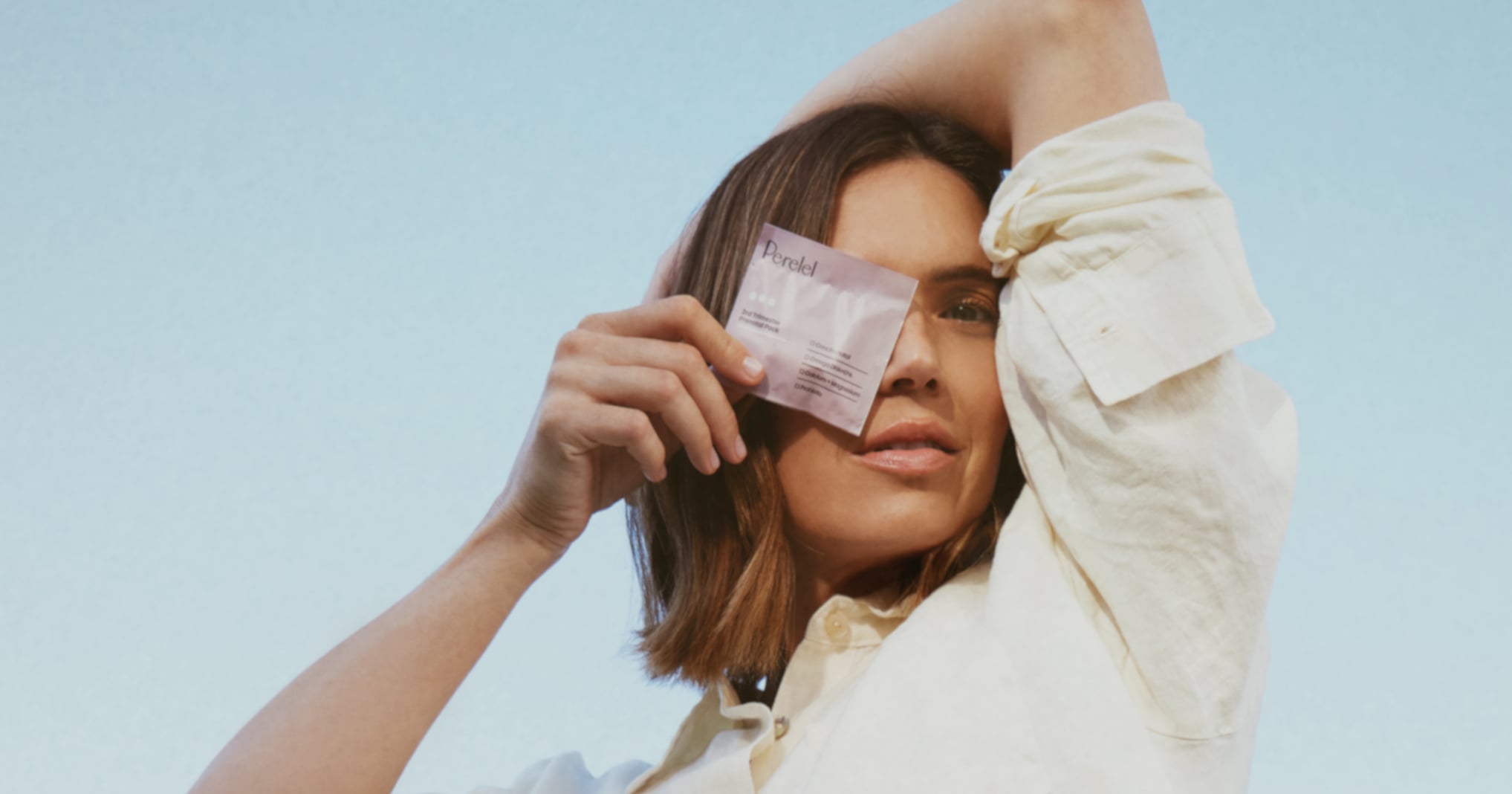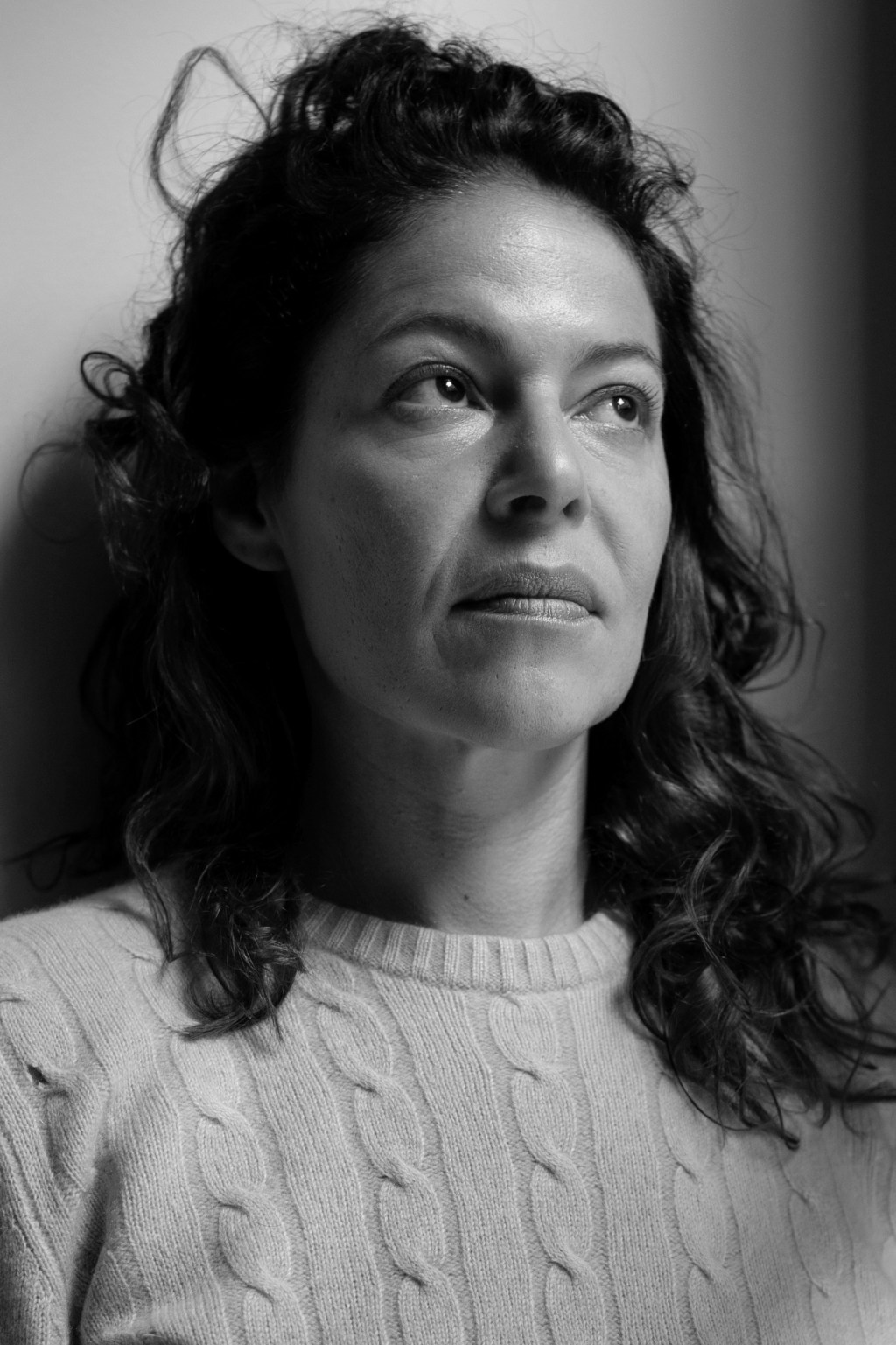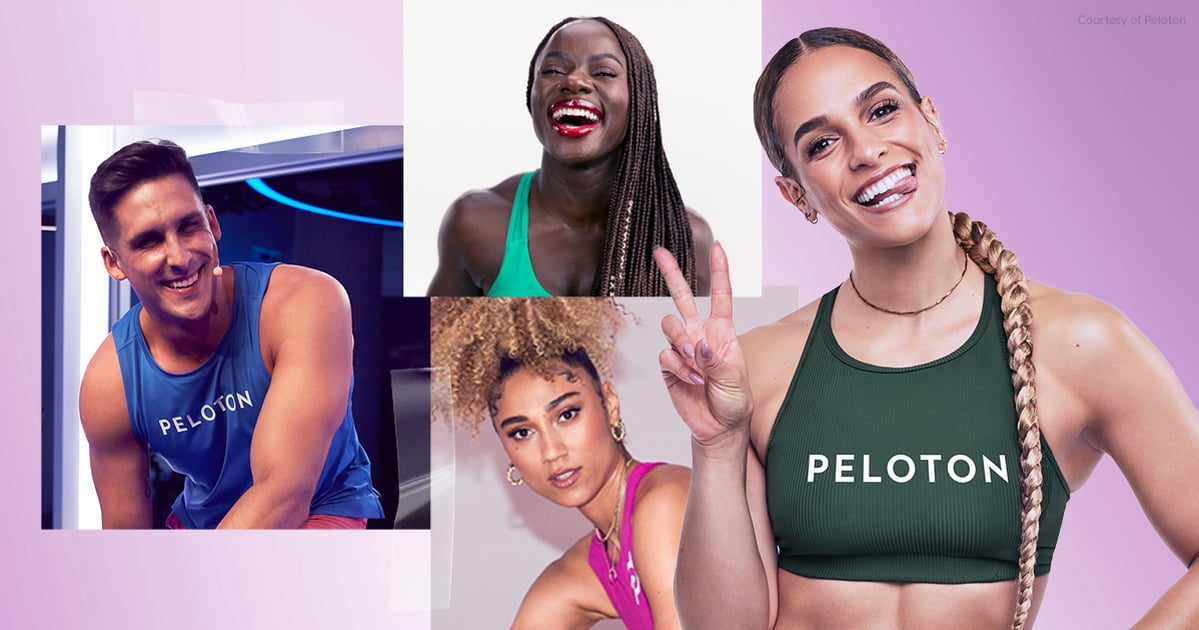Mandy Moore wants more for women in America.
In her most recent advocacy work, the actor is teaming up with Perelel on a new campaign demanding that the National Institute of Health (NIH) conduct more women’s health research.
“Studies show that only about 30 percent of clinical trial participants are women, even though women make up over half of the population and have unique physiological needs,” Moore tells PS in an interview. “Additionally, research into conditions that predominantly affect women – such as endometriosis, autoimmune diseases, and pregnancy-related conditions – receives significantly less funding compared to other medical research.” In fact, a 2020 report from the NIH showed that less than 11 percent of the budget was allocated to women’s health-specific research.
“The gap in research affects everything from diagnosis to treatment, and I believe closing this gap is crucial to improving healthcare outcomes for women,” Moore tells PS.
But it isn’t just about the statistics for Moore. Her advocacy is personal. “My journey to motherhood was not linear,” she told Perelel in a recent interview. “I went into the whole experience pretty blind, pretty unfamiliar with how my body functions.” She also experienced fertility troubles and nearly had to have surgery. Moore says she felt unprepared for the whole thing, as though she “missed out on that whole part of sex ed.”
Moore also has a rare blood disorder known as immune thrombocytopenic purpura (ITP), which prevents her from being able to get pain treatment during birth, and she deals with pregnancy melasma, a skin condition that can cause light brown, dark brown, and/or blue-gray patches on the skin.
Her experience with both conditions has given her “a deeper understanding of how women’s healthcare often lacks a comprehensive, patient-centered approach,” Moore tells PS, noting that while she felt lucky to find care, the experience “still underscored the gaps in both awareness and access to specialized care for many women in this country.”
“The need for more specialized healthcare professionals and research tailored to women’s unique health challenges is crucial in improving outcomes moving forward,” she adds.
Moore says that from a young age she learned the importance of self-advocacy, whether on set or in the doctor’s office. “I think being thrust into an adult world with immense responsibilities at a young age taught me that no one is going to advocate for me better than myself,” Moore says. “Couple that with the immense privilege this job has brought into my orbit, I recognize how that impacts that kind of care I’ve been able to receive but also underscores my passion for making sure no woman’s fears or concerns are ignored. We all deserve a level playing field.”
Moore, already a mother to two boys, is currently pregnant and preparing to welcome a baby girl into the world – something she says has only fueled her strong desire for improved healthcare for women.
“As women’s reproductive autonomy continues to be stripped away, fighting ignorance with fundamental body literacy, through continued doctor-informed educational efforts, suddenly feels like the most profound form of empowerment.”
“I imagine a future for my daughter with more body literacy, less of a stigma around the way we talk and learn about women’s bodies, and just better access to the care and support she needs and deserves,” Moore tells PS. “It’s why it was so important for me to partner with Perelel on this initiative – we can’t just wait for this future to come to fruition, we have to roll up our sleeves and create it ourselves.”
As part of the Perelel partnership, Moore is encouraging others to sign a petition that calls on Congress to close the longstanding gender research gap by increasing funding for women’s health research initiatives through the NIH.
“As women’s reproductive autonomy continues to be stripped away, fighting ignorance with fundamental body literacy, through continued doctor-informed educational efforts, suddenly feels like the most profound form of empowerment,” Moore says. “The more we know, the more we can advocate for ourselves and others – personally, socially, and politically.”
She also encourages women to take matters into their own hands when something feels off or when medical gaslighting is at play. Her best piece of advice: “First and foremost, to advocate for yourself and not be afraid to seek second opinions. Women’s health concerns are often minimized and misdiagnosed, so we need to trust our guts when something feels off,” Moore says. “Keep detailed records of your symptoms and medical history, and ask for clear explanations of diagnoses and treatment options.”
And don’t underestimate the power of doing your own research. A doctor is not the be-all and end-all, Moore likes to remind others. “It’s also important to educate yourself about your condition and connect with others who have similar experiences – sharing your story can help raise awareness and push for change in how women’s health is treated,” she says.
Alexis Jones is the senior health and fitness editor at PS. Her passions and areas of expertise include women’s health and fitness, mental health, racial and ethnic disparities in healthcare, and chronic conditions. Prior to joining PS, she was the senior editor at Health magazine. Her other bylines can be found at Women’s Health, Prevention, Marie Claire, and more.




